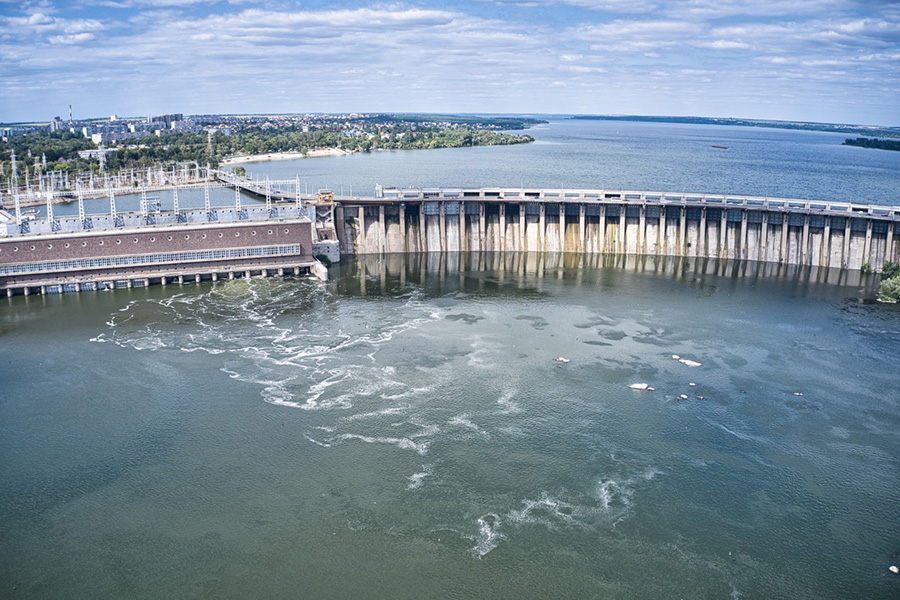
This review scrutinizes the trajectory of algae-based wastewater treatment via bibliometric analysis.
Authors
Amit Kumar, School of Hydrology and Water Resources, Nanjing University of Information Science and Technology, Nanjing, 210044, China.
Saurabh Mishra, Institute of Water Science and Technology, Hohai University, Nanjing China, China.
Nitin Kumar Singh, Department of Chemical Engineering, Marwadi University, Rajkot, Gujarat, India.
Manish Yadav, Central Mine Planning and Design Institute Limite, Bhubaneswar, India.
Hirendrasinh Padhiyar, Civil Engineering Department, Marwadi University, India.
Johnson Christian, Environment Audit Cell, R. D. Gardi Educational Campus, Rajkot, Gujarat, India
Rupesh Kumar, Associate Professor, Jindal Global Business School (JGBS), O.P. Jindal Global University, Sonipat, Haryana, India.
Summary
The emergence of algal biorefineries has garnered considerable attention to researchers owing to their potential to ensure carbon neutrality via mitigation of atmospheric greenhouse gases. Algae-derived biofuels, characterized by their carbon-neutral nature, stand poised to play a pivotal role in advancing sustainable development initiatives aimed at enhancing environmental and societal well-being. In this context, algae-based wastewater treatment systems are greatly appreciated for their efficacy in nutrient removal and simultaneous bioenergy generation. These systems leverage the growth of algae species on wastewater nutrients—including carbon, nitrogen, and phosphorus—alongside carbon dioxide, thus facilitating a multifaceted approach to pollution remediation.
This review seeks to delve into the realization of carbon neutrality through algae-mediated wastewater treatment approaches. Through a comprehensive analysis, this review scrutinizes the trajectory of algae-based wastewater treatment via bibliometric analysis.
It subsequently examines the case studies and empirical insights pertaining to algae cultivation, treatment performance analysis, cost and life cycle analyses, and the implementation of optimization methodologies rooted in artificial intelligence and machine learning algorithms for algae-based wastewater treatment systems.
By synthesizing these diverse perspectives, this study aims to offer valuable insights for the development of future engineering applications predicated on an in-depth understanding of carbon neutrality within the framework of circular economy paradigms.
Published in: Journal of Environmental Management
To read the full article, please click here.

